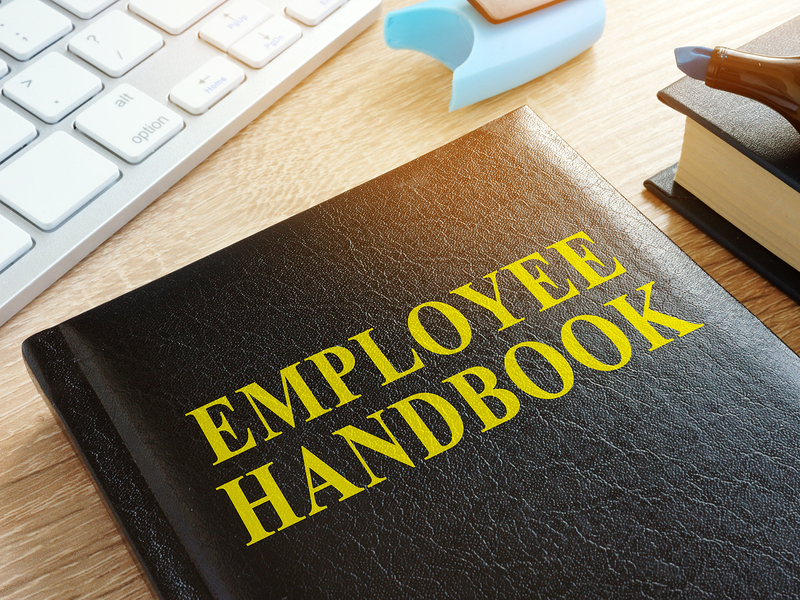Any business looking for ways to reduce liability and mitigate risk should first ensure they have a properly drafted and updated employee handbook. It is an efficient way to communicate to employees what is expected of them, while also helping to shield a business from costly litigation.
Filing a Discrimination Claim is Free
The truth is that claims of employment discrimination can be filed for free at federal, state and local agencies and there does not appear to be any hurdles for a disgruntled current or former employee to file such a claim.
Regardless of a company’s efforts to ensure a fair workplace, these types of complaints can be brought forth. An employee handbook can be a well-needed defense and many government agencies will ask for the company’s handbook as part of their request for information when investigating a complaint of discrimination.
A properly drafted handbook can very well prevent liability entirely, especially when a claim of harassment has been made and no action was taken by the company. If the handbook clearly explains the avenues an employee can take to bring forth a complaint and they have not done so, the employer can use the handbook as a defense by stating the employee did not take advantage of opportunities provided by the employer to prevent or correct this harm.
Employment At-Will
An equally important section of a handbook is the at-will disclaimer, in which the business establishes the non-permanent nature of the employer-employee relationship. Lately, the at-will doctrine is becoming more difficult to uphold in some states, but it is still an important section for companies to include.
Improper Pay Deductions
Another important policy is the Fair Labor Standards Act (FLSA) Safe Harbor. The FLSA basically states that all jobs are non-exempt (eligible for overtime for hours worked in excess of 40) unless they pass one of the FLSA’s exemption tests. Employers who make improper deductions to the weekly pay of an exempt employee risk losing that exemption status.
A safe harbor policy can be used as a defense for an employer who accidentally or inadvertently makes an illegal deduction. The policy should indicate that these types of deductions are prohibited, while also providing an appropriate employee complaint procedure.
Conclusion
There are many other policies in an employee handbook which can mitigate risk to a business.
A properly drafted employee handbook can be a relatively inexpensive and extremely useful tool in limiting a company’s liability. With the average settlement in a discrimination suit over $80,000, businesses can’t ignore the risk of not having a good employee handbook.
Marzano Human Resources Consulting has created and updated employee handbooks for clients in many different industries. Consider getting in touch with us.

